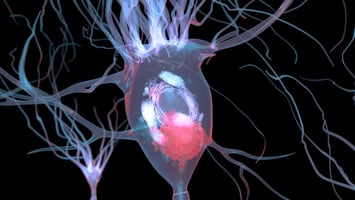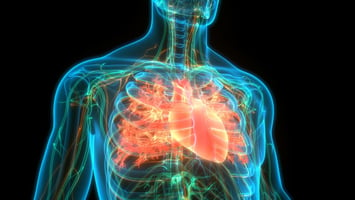Population Study Finds Link Between Childhood Infections and Later Eating Disorders
 |
The cohort, which included the entire female population of Denmark born between 1989 and 2006, involved more than half a million adolescent girls. More than 4,000 were eventually diagnosed with an eating disorder, using International Classification of Disease criteria. Researchers compared eating disorder incidence among adolescent girls who had at least one hospital admission for infection with those who were not hospitalized for infection and among girls treated with an anti-infective medication compared with those who were not, according to Lauren Breithaupt, M.A., of the Department of Psychology at George Mason University and colleagues.
Specifically, being hospitalized for a severe infection as a child was associated with a 22% increased risk of anorexia, a 35% increased risk of bulimia, and a 39% increased risk of EDNOS. The risk of an EDNOS diagnosis may be greatest after a hospital stay, specifically for a gastrointestinal infection, which was associated with a 60% increased risk, researchers wrote. However, the rates of other specific infections were too low to provide a valid estimate of risk.
Adolescent girls treated with an anti-infective medication during childhood also had an increased risk of all eating disorders: 23% increased risk for anorexia, 63% increased risk for bulimia, and 45% increased risk for EDNOS.
Risk of eating disorder onset was greatest within the first three months after a hospitalization or taking the last anti-infective agent. Similarly, the risk increased as the number of hospitalizations or anti-infective prescriptions increased.
“The association observed with a broad range of infections provides support for the emerging immunologic hypothesis in AN and, with previous work, suggests that the immune system may also be involved in other eating disorder subtypes,” researchers wrote. “Future studies that can establish more explicit links between infections and eating disorders may aid in the diagnosis and treatment of eating disorders.”
For related information, see the Psychiatric News article “First Genetic Variant Identified For Anorexia Nervosa.”
(image: iStock/bowdenimages)






